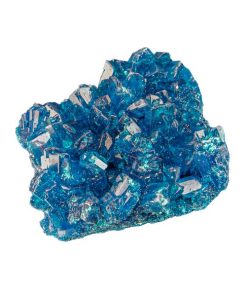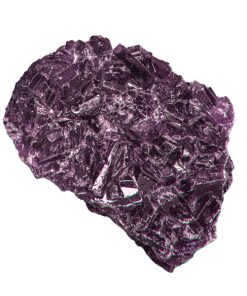MDMA
MDMA
MDMA
MDMA
MDMA, also known as 3,4-methylenedioxymethamphetamine, is a psychoactive substance that has gained worldwide attention for its unique effects on mood, perception, and social connection. Often referred to by street names such as Ecstasy or Molly, MDMA is both a stimulant and a hallucinogen. Its ability to enhance empathy, emotional openness, and energy has made it popular in social and therapeutic settings. While widely recognized in the recreational world, MDMA is also being studied for its potential therapeutic uses, particularly in the treatment of mental health conditions like post-traumatic stress disorder (PTSD).
What is MDMA?
MDMA is a synthetic compound that affects brain chemistry by increasing the activity of neurotransmitters, especially serotonin, dopamine, and norepinephrine. This chemical action leads to mood elevation, increased sociability, and heightened sensory experiences. Unlike many other stimulants, MDMA is known for its empathogenic qualities, meaning it encourages emotional closeness and compassion, making it different from typical stimulants like cocaine or amphetamines.
How MDMA is Used
MDMA is most commonly consumed in tablet, capsule, or powder form. In recreational settings, it is often associated with dance music events, clubs, and festivals because of its stimulating and euphoric effects. Some individuals prefer microdosing or smaller, controlled amounts to experience mild mood enhancement without intense intoxication. Increasingly, MDMA is also being studied in clinical research, where carefully measured doses are administered in therapeutic settings to assist patients with trauma or depression.
Effects of MDMA
The effects of MDMA can vary depending on the dose, environment, and individual. Commonly reported experiences include feelings of euphoria, enhanced empathy, increased energy, and intensified sensory perception such as music and touch. Many users describe a strong sense of connection with others, which has contributed to its reputation as a “love drug.” Physically, MDMA can increase heart rate, blood pressure, and body temperature, so hydration and a safe setting are important for responsible use.
Potential Benefits
One of the most promising areas of MDMA research lies in its therapeutic applications. Clinical studies, particularly in Canada and the United States, have shown encouraging results for MDMA-assisted therapy for PTSD. By helping patients access and process traumatic memories with reduced fear and anxiety, MDMA has shown potential as a breakthrough treatment in mental health care. Researchers are also exploring its possible benefits for conditions like depression, anxiety, and social disorders.
Risks and Precautions
Despite its potential benefits, MDMA carries risks, especially when used irresponsibly or in unregulated environments. Overuse or high doses can lead to dehydration, overheating, and in some cases, long-term effects on mood and memory. Additionally, because street versions of MDMA are often mixed with other substances, purity and safety can be uncertain. Responsible use involves careful dosing, ensuring hydration, and being mindful of one’s physical and mental state.
Legal Status
MDMA remains a controlled substance in most countries, including Canada. Its production, sale, and possession are illegal outside of approved research studies or clinical trials. However, with growing evidence of its therapeutic value, there are discussions about potential changes to its legal status in the future, especially for medical use. Organizations are advocating for a regulated framework where MDMA can be used safely under professional guidance.
Conclusion
MDMA is a powerful compound that continues to influence both recreational culture and scientific research. While many know it as a party substance, its potential therapeutic applications are shifting the way people view this psychoactive drug. In Canada and around the world, MDMA is becoming part of an important conversation about mental health, alternative therapies, and the future of psychedelic-assisted healing. With responsible exploration and ongoing research, MDMA may play a key role in helping individuals find new pathways to emotional well-being and resilience.










